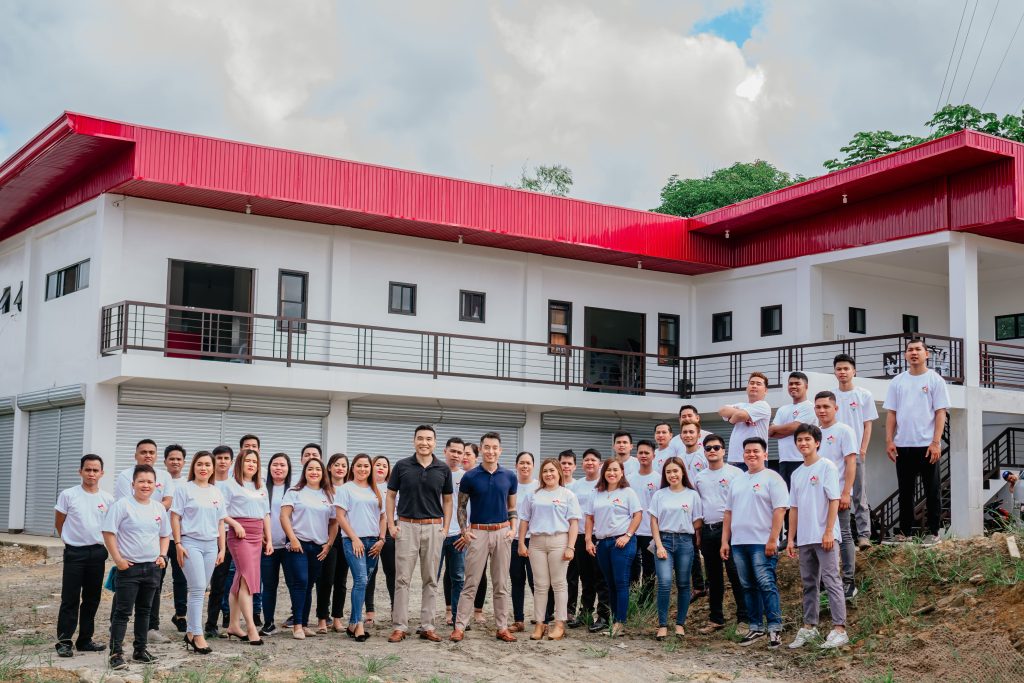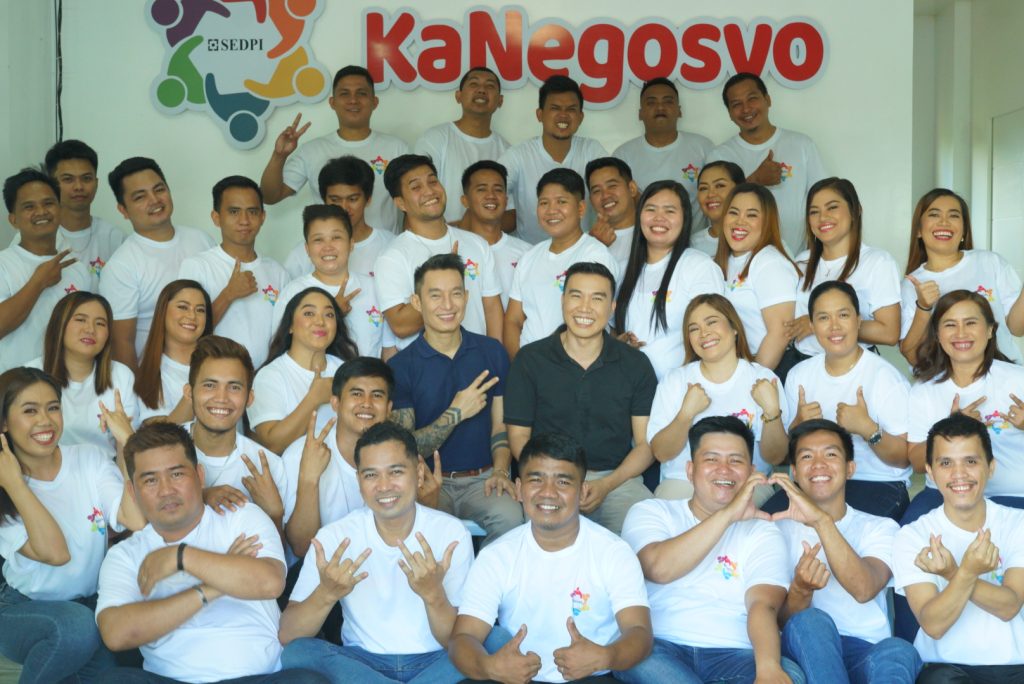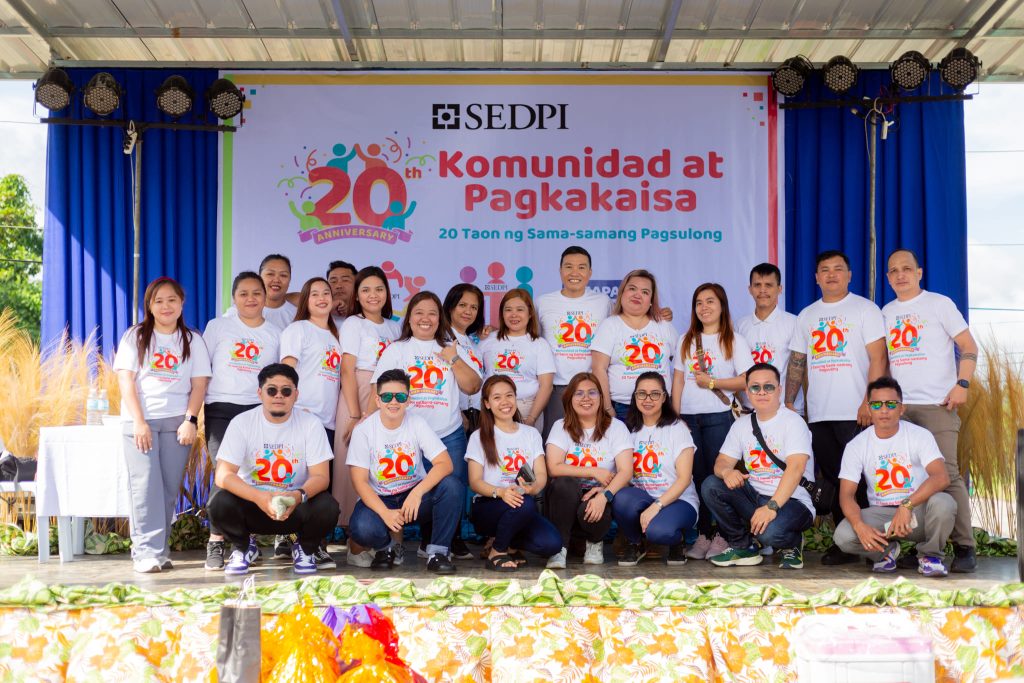Financing for sustainable development
Championing social investments, providing nanofinancing, and delivering financial education
SEDPI GSE Programs
The SEDPI Group of Social Enterprises work together to execute these essential programs.
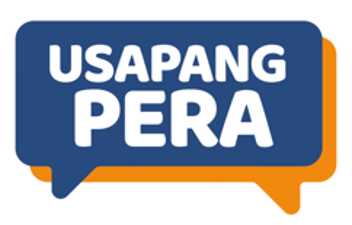
- Financial literacy livestreams, webinars, and training courses
- Multimedia financial education resources
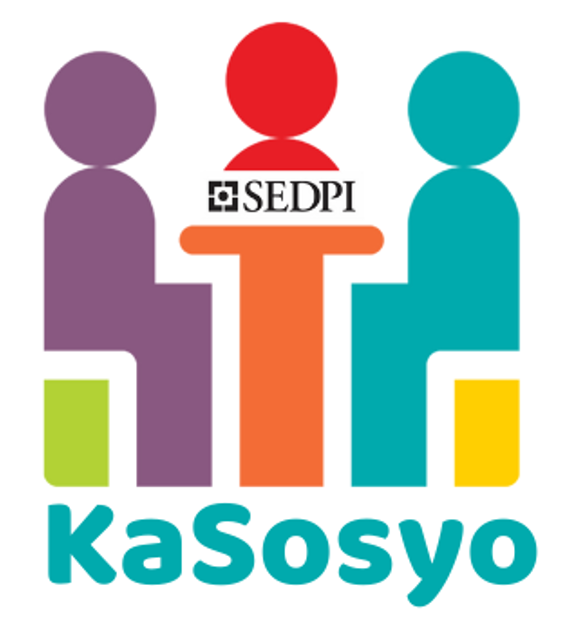
- Social investments
- Social and financial dividends
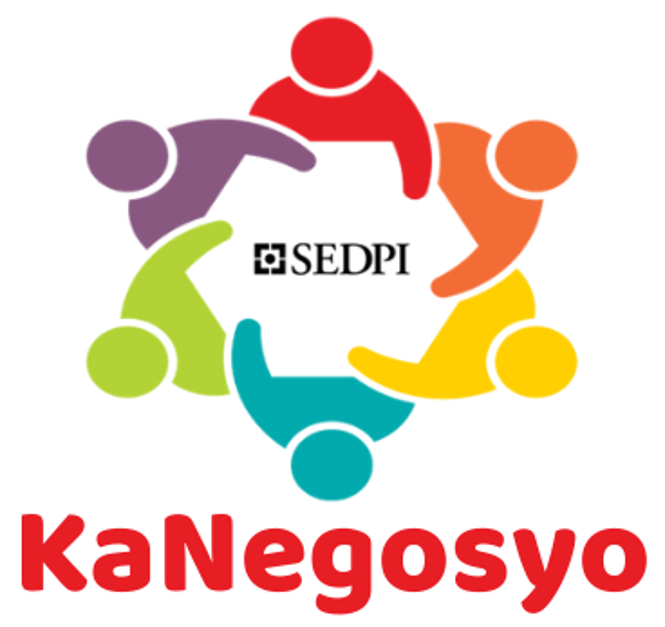
- Livelihood support to nanoenterprises
- Social safety nets
- Nanoenterprise growth
“Ang pagyaman
ay napag-aaralan
at napagtutulungan.”

Vince Rapisura
President and Founder
Recent Posts
Become a SEDPI Member!
Stay in the loop with everything you need to know.

